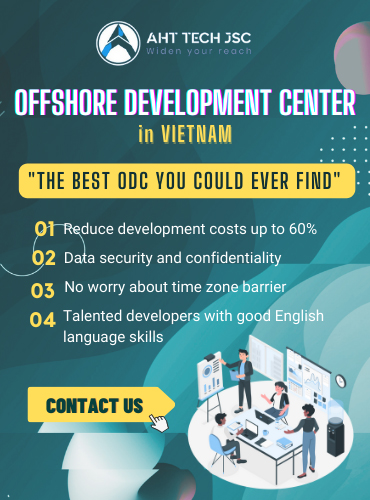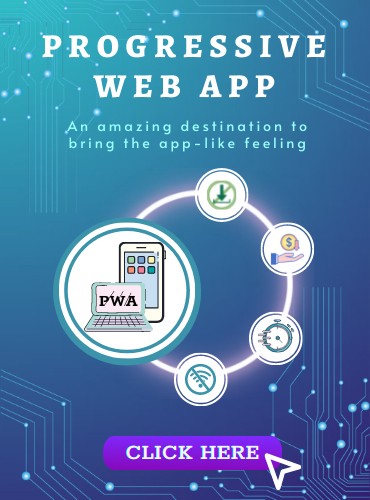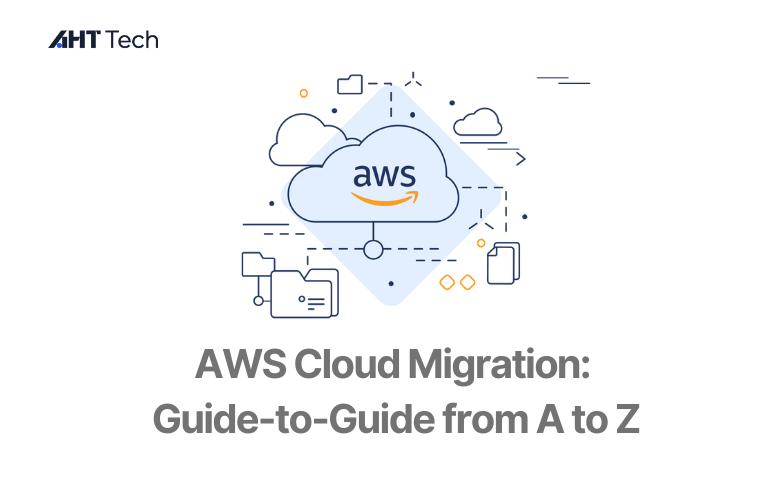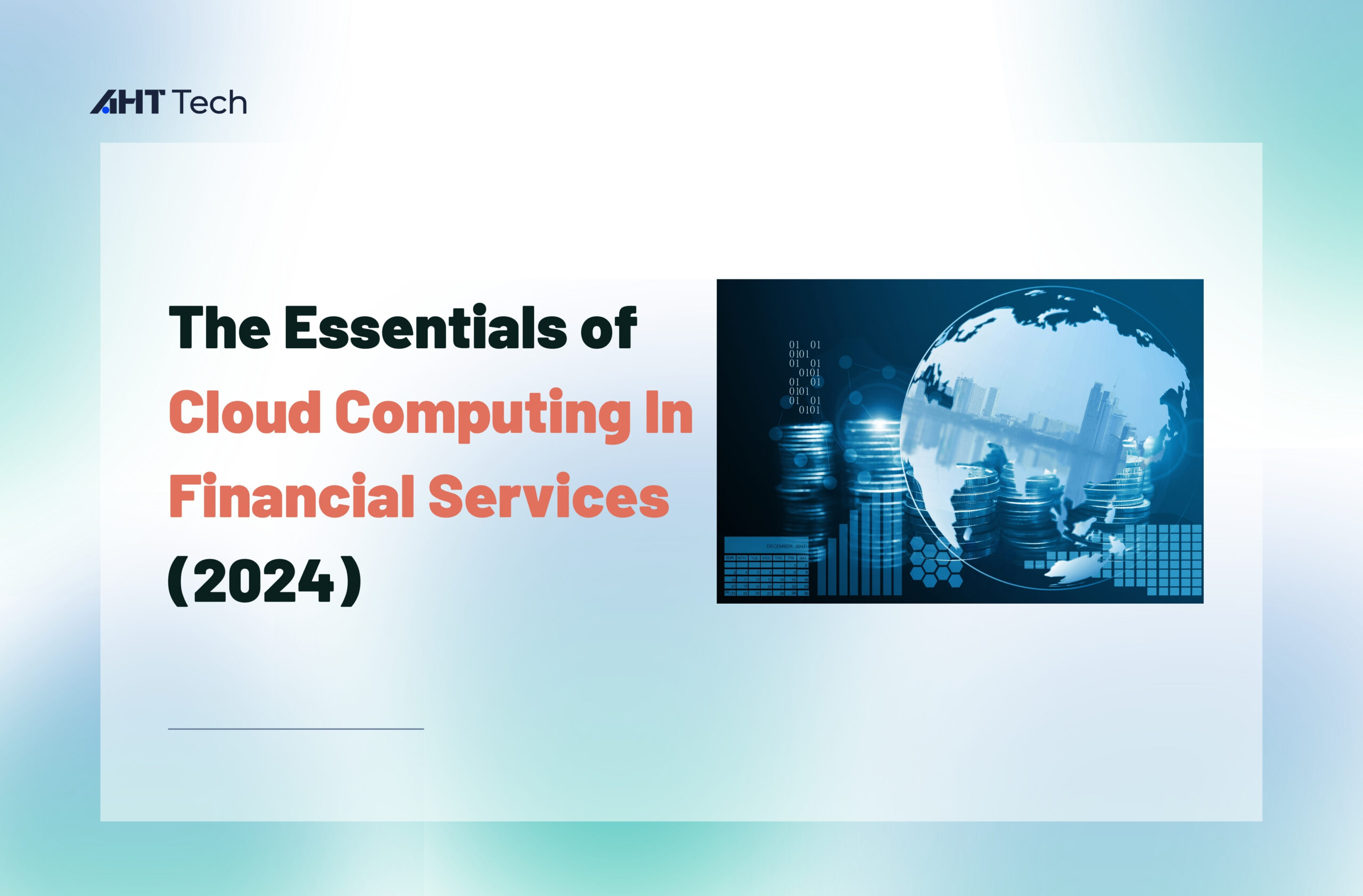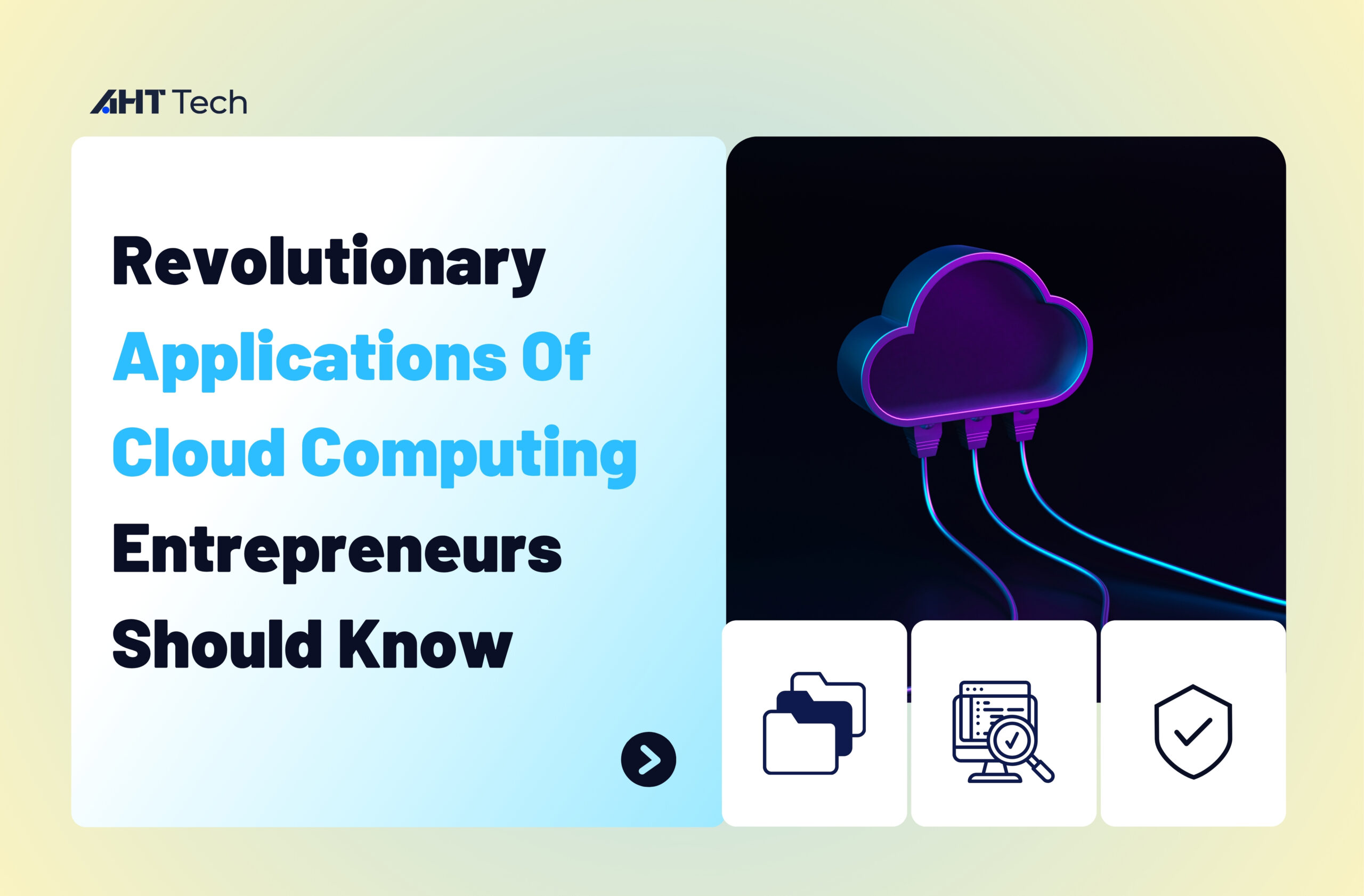In the immediate and data-driven business environment of the 21st century, firms count on business intelligence software to obtain helpful information from their data. Business intelligence software companies are essential in empowering organizations to make data-based decisions by providing advanced analytics tools and options.
This blog post will examine the essential characteristics, leading companies, considerations, and new developments of business intelligence software.
I. Principal Capabilities and Features of Business Intelligence Software

Business intelligence software empowers organizations with the instruments and capabilities to transmit raw data into insightful information. By comprehending the key characteristics and abilities of business intelligence software, companies can exploit the strength of data and create growth- and success-driving decisions based on precise data.
Data Integration and Consolidation: Realizing Data’s Full Potential
- Integration of data from multiple sources, such as databases, spreadsheets, and cloud platforms, seamlessly.
- For a comprehensive analysis, combining diverse data sets into a single perspective.
- ETL (Extract, Transform, Load) processes to cleanse and transform data into a consistent and reliable format.
Data Visualization and Reporting: Making Data Understandable and Actionable
- Interactive and visually appealing dashboards that present data in a meaningful and intuitive manner.
- Customizable reports and charts that enable stakeholders to grasp insights at a glance.
- Drill-down and filtering options for exploring data in-depth and identifying trends, patterns, and outliers.
Advanced Analytics and Predictive Modeling: Uncovering Hidden Patterns and Future Trends
- Powerful analytics capabilities, including descriptive, diagnostic, predictive, and prescriptive analytics.
- Machine learning algorithms for identifying patterns, correlations, and anomalies in large datasets.
- Predictive modeling techniques to forecast future outcomes and make data-driven projections.
Dashboards and Real-Time Monitoring: Instant Access to Critical Business Metrics
- Real-time data monitoring to track key performance indicators (KPIs) and business metrics.
- Dynamic dashboards that provide instant visibility into operational performance and trends.
- Alerts and notifications to proactively identify anomalies and deviations from predefined thresholds.
Self-Service Analytics and Ad-Hoc Reporting: Empowering Non-Technical Users
- Intuitive interfaces and drag-and-drop functionalities for self-service data exploration.
- Ad-hoc reporting capabilities that enable users to create custom reports without relying on IT support.
- Data discovery tools for uncovering insights without deep technical expertise.
By leveraging these key features and capabilities, business intelligence software empowers organizations to harness the full potential of their data.
From integrating and consolidating diverse data sources to visualizing insights, conducting advanced analytics, monitoring real-time metrics, and enabling self-service capabilities, businesses can make data-driven decisions that propel them toward growth and success.
II. Top Business Intelligence Software Companies
These top business intelligence software companies have established themselves pioneers in driving data-driven decision-making. This section will delve into the details of four prominent companies, examining their features, strengths, and contributions to the field.
Microsoft Power BI: Empowering Holistic Data Analysis and Visualization

Microsoft Power BI is a cutting-edge business intelligence software providing a comprehensive data analysis and visualization platform. Leveraging its seamless integration with other Microsoft products, Power BI offers a user-friendly interface that promotes intuitive interactions with data.
The software supports various data sources, allowing users to quickly connect and analyze data from diverse systems. With its robust data modeling capabilities, Power BI enables advanced analytics, empowering organizations to derive valuable insights from their data.
Tableau: Driving Visual Data Exploration and Insight Generation

Tableau stands out for its excellent data visualization and exploration prowess, positioning itself as a leader in the field. The platform’s drag-and-drop interface empowers users to create interactive dashboards, reports, and visualizations without extensive technical expertise.
Tableau’s capability to connect with various data sources ensures flexibility and accessibility to a wide array of data sets. Furthermore, the platform’s thriving community and extensive library of pre-built visualizations foster knowledge sharing and inspire innovative data storytelling.
QlikView: Unleashing Associative Analytics for Intuitive Data Discovery

QlikView is an esteemed business intelligence software known for its excellence in data integration and associative analytics. It’s user-friendly interface and intuitive navigation enable users to explore data effortlessly and make data-driven decisions.
QlikView’s powerful in-memory engine facilitates real-time data exploration and analysis across multiple data sources. The platform’s associative data model establishes connections and relationships between data points, uncovering hidden insights and facilitating comprehensive data discovery.
Salesforce Einstein Analytics: Transforming CRM with Intelligent Insights

Salesforce Einstein Analytics, built on the Salesforce platform, revolutionizes data-driven decision-making within customer relationship management (CRM). Seamlessly integrating with Salesforce data, Einstein Analytics provides actionable insights and predictive analytics to sales, marketing, and service teams.
The platform’s pre-built dashboards and AI-powered recommendations enhance sales forecasting, lead prioritization, and customer segmentation. With its user-friendly interface and mobile accessibility, Einstein Analytics equips users with on-the-go access to critical insights, enabling informed decision-making anytime, anywhere.
The top business intelligence software companies discussed above have significantly contributed to data-driven decision-making. These companies empower organizations to extract valuable insights from their data through their powerful platforms, advanced analytics capabilities, and user-friendly interfaces.
By utilizing these sophisticated tools, businesses can make informed decisions that drive success and gain a competitive edge in today’s data-centric landscape.
III. Factors to Consider When Choosing a Business Intelligence Software Company

When evaluating business intelligence software companies, several factors should be considered:
Scalability and Performance: Accommodating Growing Data Demands
- Assess the scalability of the software to handle increasing data volumes and growing user demands over time.
- Consider the performance of the software in processing and analyzing large datasets efficiently, ensuring smooth and timely data operations.
- Evaluate the software’s ability to handle complex queries and deliver rapid responses, supporting real-time decision-making.
Ease of Use and User Interface: Empowering Non-Technical Users
- Look for a software company that offers an intuitive user interface, enabling easy adoption and minimizing the need for extensive training.
- Consider the availability of drag-and-drop functionalities, interactive visualizations, and self-service capabilities that empower non-technical users to explore data and generate insights independently.
- Assess the level of user support, documentation, and training materials the company provides to facilitate smooth onboarding and ongoing usage.
Integration Capabilities and Data Sources: Achieving a Unified Data View
- Evaluate the software’s compatibility with various data sources, ensuring it can integrate seamlessly with the organization’s existing databases, cloud platforms, and third-party applications.
- Consider the company’s expertise in data integration and its ability to handle structured and unstructured data from diverse sources.
- Assess the software’s data connectivity options, APIs, and ETL (Extract, Transform, Load) capabilities for comprehensive analysis to achieve a unified data view.
Security and Data Governance: Protecting Sensitive Information
- Prioritize data security and privacy measures the software company provides, such as encryption, access controls, and compliance with industry regulations.
- Evaluate the company’s track record in data protection and its commitment to data governance best practices.
- Consider the software’s capabilities in managing user access rights, auditing data activities, and ensuring data integrity throughout analytics.
Cost and Licensing: Ensuring Value for Investment
- Assess the software company’s pricing models, licensing options, and flexibility to align with the organization’s budgetary considerations.
- Consider the total cost of ownership, including initial licensing fees, implementation costs, ongoing maintenance, and future scalability expenses.
- Evaluate the software’s return on investment (ROI) potential, considering its value in improved decision-making, operational efficiency, and business growth.
By carefully evaluating these factors, organizations can make an informed decision when selecting a business intelligence software company.
Considering scalability, ease of use, integration capabilities, security, and cost considerations ensure that the chosen software provider will effectively meet the organization’s unique requirements and drive data-driven success.
IV. Emerging Trends in Business Intelligence Software

As technology continues to advance, the field of business intelligence software is constantly evolving. In this section, we will explore the emerging trends reshaping the landscape of business intelligence software, enabling organizations to unlock new possibilities for data-driven decision-making.
Artificial Intelligence (AI) and Machine Learning: Automating Insights and Predictive Analytics
- Integrating AI and machine learning algorithms into business intelligence software revolutionizes data analysis.
- AI-powered features automate insights generation, allowing users to uncover patterns and correlations in vast datasets effortlessly.
- Machine learning algorithms enable predictive analytics, empowering organizations to make data-driven projections and anticipate future trends.
Natural Language Processing (NLP) and Conversational Analytics: Intuitive Interactions with Data
- NLP capabilities are transforming how users interact with business intelligence software.
- Conversational analytics allows users to query data using natural language, making data exploration and analysis more intuitive and user-friendly.
- Voice-enabled assistants and chatbots facilitate conversational interactions, enabling users to obtain insights and generate reports through simple conversations.
Cloud-Based Business Intelligence: Scalability, Flexibility, and Cost-Effectiveness
- Cloud-based business intelligence solutions offer several advantages over traditional on-premises deployments.
- Scalability allows organizations to handle increasing data volumes and user demands without infrastructure limitations.
- Cloud-based platforms provide flexibility, enabling users to access and analyze data from anywhere, anytime, using any device.
- Cost-effectiveness is achieved through reduced infrastructure costs, pay-as-you-go pricing models, and simplified maintenance and updates.
Mobile Accessibility and Responsive Design: Empowering Decision-Makers On-the-Go
- Mobile accessibility is becoming increasingly crucial as decision-makers require access to real-time insights while on the move.
- Business intelligence software with responsive design adapts seamlessly to different screen sizes and devices, ensuring a consistent user experience.
- Mobile applications enable users to access dashboards, reports, and critical metrics anytime, anywhere, facilitating data-driven decision making on-the-go.
You might be interested in other our articles:
Conclusion
Business intelligence software providers enable businesses to make selections based on data. Companies can realize the full potential of their confidential information by leveraging the key characteristics and features provided by such software. The capacity, usability, integration capabilities, security, and cost must be examined when choosing a provider of business intelligence software. Keep abreast of emerging industry trends to remain ahead of rivals and drive ongoing development with data-driven decisions.





